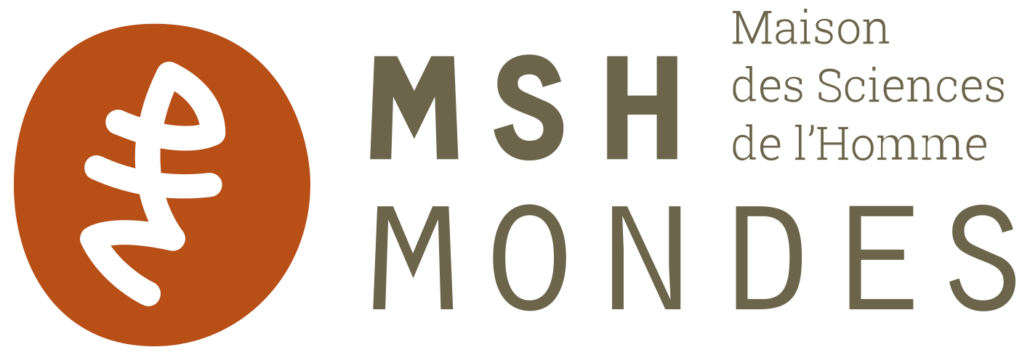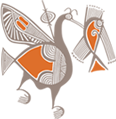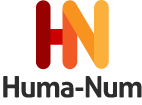| Current library | Call number | Status | Date due | Barcode |
|---|---|---|---|---|
| Bordeaux (Pessac) : PACEA - De la Préhistoire à l’Actuel | PACEA ANTH 79E-12 (Browse shelf(Opens below)) | Available | PACB7068/A |
Bibliogr. p. 329-400. Index
Machine generated contents note: Acknowledgements; 1. Introduction; Part I. The Animal Within: 2. Locating human diet in a mammalian framework; 3. Diet and hominin evolution; 4. Seasonality of environment and diet; 5. Evolution of human diet and eating behaviour; Part II. A Brave New World: 6. When our brains left our bodies behind: dietary change and health discordance; 7. Nutrition and infectious disease, past and present; 8. Inequality and nutritional health; Part III. Once Upon a Time in the West: 9. Nutrition transition; 10. Fats in the global balance; 11. Feed the world with carbohydrates; 12. Post-script; Index.
"While most of us live our lives according to the working week, we did not evolve to be bound by industrial schedules, nor did the food we eat. Despite this, we eat the products of industrialization and often suffer as a consequence. This book considers aspects of changing human nutrition from evolutionary and social perspectives. It considers what a 'natural' human diet might be, how it has been shaped across evolutionary time and how we have adapted to changing food availability. The transition from hunter-gatherer and the rise of agriculture through to the industrialisation and globalisation of diet are explored. Far from being adapted to a 'Stone Age' diet, humans can consume a vast range of foodstuffs. However, being able to eat anything does not mean that we should eat everything, and therefore engagement with the evolutionary underpinnings of diet and factors influencing it are key to better public health practice"
(Source : éditeur)








There are no comments on this title.